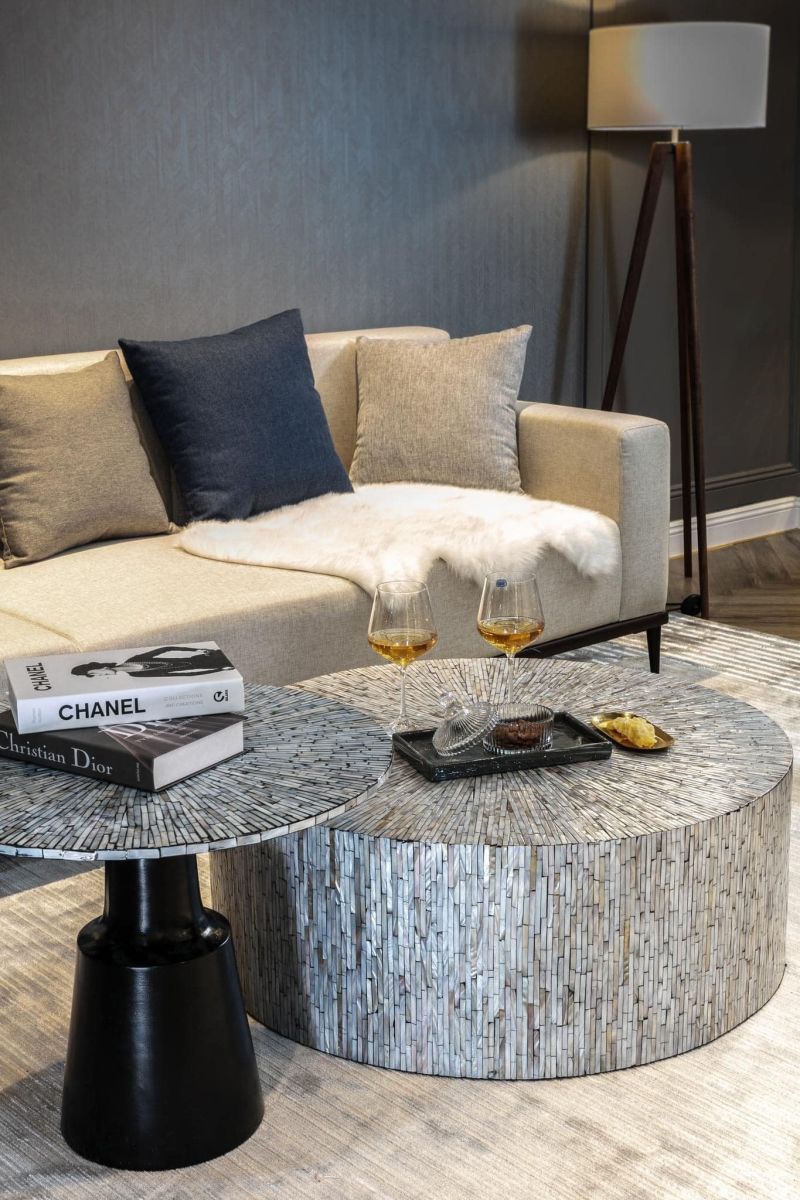DWELL Living Interiors curated products
How often do you need to replace carpet?
Depending on the traffic, stains and wear the carpet endures, you can plan on replacing your carpet once every 10–15 years. High-traffic areas such as hallways and living areas are likely to degrade faster. It's worth keeping hold of the offcuts, or buying extra when you originally install the carpet, as you'll be able to replace these areas as necessary – while a stop gap solution, it'll extend the life of your carpet's look and feel.
Carpet Glossary
Broadloom metre: 1m x 3.66m
Solution-dying is where colour is added to the nylon carpet fibre during production, rather than applied to the surface afterwards, making it colourfast against cleaning and sunlight.
Berber carpets have thick yarns tufted into chunky loop tufts. They're usually in earth tones with a 'flecked' appearance, which is excellent for hiding stains.
Sisal-style/cord carpets have tighter loops than berbers, creating a stiffer feel and are good for high-traffic areas.
Velvet/plush carpets have the pile cut several times to create a velvety sheen, but this also shows every footprint.
Saxony carpets are similar to velvet, but not quite as smooth.
Freize/twist carpets have tightly twisted fibres that curl slightly at the pile surface. They hide footprints and vacuum marks, making them suitable for high-traffic areas.

FEATURED FURNITURE
CHAIRS AND SEATING
LIGHTING
DECORATOR COLLECTIONS
OUTDOOR LIVING
beautiful selection of homewares for the home or gifts
Shop Now







